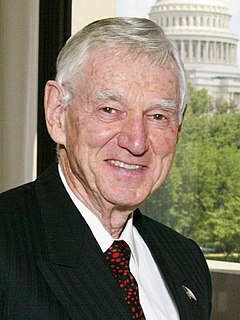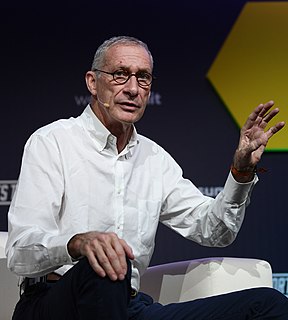A Quote by Ruth Reichl
Sharing food has always had a central place in civilized societies; it's no accident that so many of our cultural, religious and patriotic rituals are involved with eating.
Related Quotes
Cooking is a holistic process of planning, preparing, dining and sharing food. I place food at the center of our humanity, as it nourishes not only our physical bodies but also our emotional and spiritual lives. Food is truly a cultural phenomenon that informs our traditions and our relationship with the earth. I genuinely believe that food connects us all.
In a cross-cultural study of 173 societies (by Herbert Barry and L. M. Paxson of the University of Pittsburgh) 76 societies typically had mother and infant sharing a bed; in 42 societies they shared a room but not a bed; and in the remaining 55 societies they shared a room with a bed unspecified. There were no societies in which infants routinely slept in a separate room.
Personally, I have been very impressed by the slow food movement. It is about celebrating the culture of food, of sharing the extraordinary knowledge, developed over millennia, of the traditions involved with quality food production, of the sheer joy and pleasure of consuming food together. Especially within the context of family life, this has to be one of the highest forms of cultural activity.
When we are generous in welcoming people and sharing something with them-some food, a place in our homes, our time-not only do we no longer remain poor: we are enriched. I am well aware that when someone needing food knocks at your door, you always find a way of sharing food; as the proverb says, one can always 'add more water to the beans'! Is it possible to add more water to the beans?...Always?...And you do so with love, demonstrating that true riches consist not in materials things, but in the heart!
There are many reasons why the general public doesn't really understand our monetary system. In the first place, money is something that people tend to get emotional about. After all, money involves, and always has involved, something closely akin to faith-which probably explains why in many past societies the money system has been in the hands of a priesthood, the subject of magical rites, and the ceremonial services of the tribe's medicine man.
Is our national goal to place as many people on welfare, food stamp support, as we can possibly put on that program? Is that our goal? Is that a moral vision for the United States of America, just to see how many people we can place in a situation where they're dependent on the federal government for their food?








































